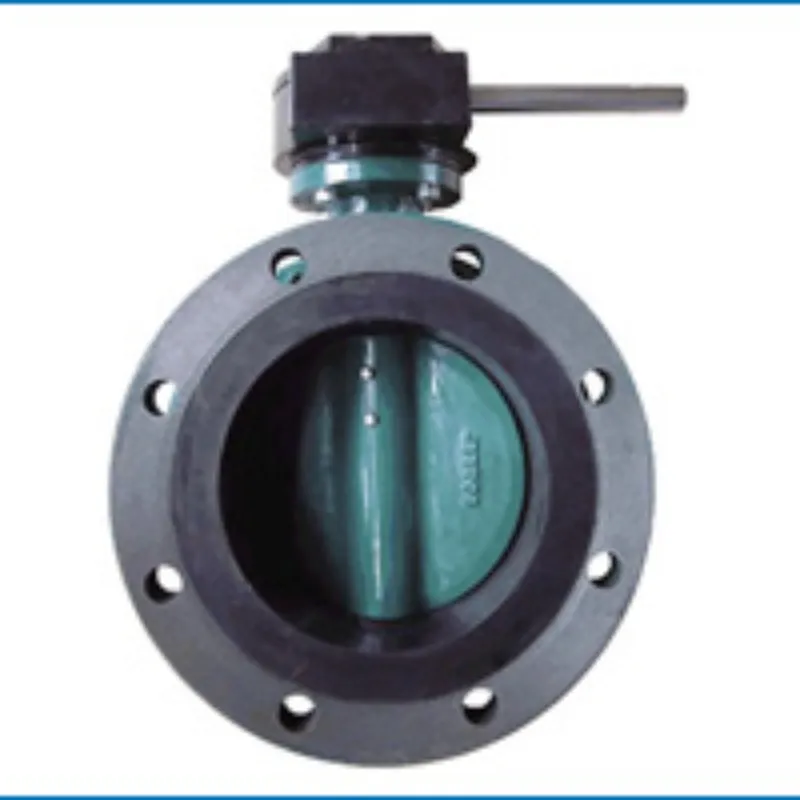Nov . 09, 2024 12:22 Back to list
Ductile Iron Ball Check Valve for Reliable Flow Management and Prevention of Backflow
The Advantages and Applications of Ductile Iron Ball Check Valves
Ductile iron, known for its exceptional strength and ductility, has become a popular material in various engineering applications, particularly in valve manufacturing. Among the types of valves available, the ductile iron ball check valve stands out for its robust performance and reliability in fluid control systems. This article explores the characteristics, advantages, and applications of ductile iron ball check valves, highlighting their importance in modern industrial settings.
Understanding Ductile Iron
Ductile iron, also known as nodular cast iron or spheroidal graphite iron, is an alloy characterized by its unique microstructure that includes spheroidal graphite inclusions. This structure enhances the material's tensile strength, impact resistance, and fatigue properties, making it far superior to traditional cast iron. The ability to withstand higher pressures and temperatures makes ductile iron an ideal choice for heavy-duty applications.
What is a Ball Check Valve?
A ball check valve is a type of one-way valve that utilizes a spherical ball as a closing mechanism. When fluid flows in the desired direction, the ball moves away from the seat, allowing the passage of liquid or gas. Conversely, when the flow reverses, the ball is pushed back into the seat by the fluid pressure, thereby preventing backflow. This design is crucial for maintaining system integrity and avoiding contamination in continuous flow processes.
Advantages of Ductile Iron Ball Check Valves
1. High Strength and Durability Ductile iron has a significant strength-to-weight ratio, enabling ball check valves to withstand high pressures without deformation. This strength ensures a long service life, making them a cost-effective solution for many industries.
2. Corrosion Resistance While ductile iron can be susceptible to corrosion, the use of protective coatings and line finishes enhances its resistance to various corrosive environments. This feature is particularly crucial in applications involving liquids or gases that could cause degradation over time.
3. Reliable Sealing The design of the ball check valve provides a tight seal when closed, effectively preventing backflow. Ductile iron’s mechanical properties contribute to reliable sealing performance, ensuring that the valve maintains integrity under varying pressure conditions.
ductile iron ball check valve

4. Ease of Maintenance Ductile iron ball check valves are also designed for easy maintenance. The simplicity of their mechanics allows for quick inspections and repairs, minimizing downtime in industrial operations.
5. Versatility in Applications Due to their durability and reliability, these valves can be used across a wide range of applications, including water treatment plants, wastewater systems, petrochemical facilities, and HVAC systems.
Applications of Ductile Iron Ball Check Valves
1. Water and Wastewater Management In water treatment and wastewater management, ductile iron ball check valves play a vital role in preventing backflow in pipelines and helping in the efficient transportation of fluids. Their robust construction ensures they can handle the demanding environments typical of these systems.
2. Pumping Stations In pumping stations, these valves help maintain pressure and prevent backflow, which can damage pumps and piping systems. Their reliability in high-pressure scenarios makes them an essential component in these applications.
3. Chemical Processing The chemical industry requires valves that can withstand aggressive substances. Ductile iron ball check valves, often coated to resist corrosion, are suited for this purpose, providing a secure barrier against backflow.
4. Power Generation In power plants, particularly in steam and hydroelectric facilities, these valves are used to control fluid flow and protect equipment from backflow and pressure surges.
5. HVAC Systems In heating, ventilation, and air conditioning systems, ductile iron ball check valves help regulate flow and maintain system efficiency, contributing to energy savings and improving overall performance.
Conclusion
In conclusion, ductile iron ball check valves offer a combination of strength, reliability, and versatility that make them indispensable in numerous applications. Their superior resistance to pressure and corrosion, along with ease of maintenance, positions them as a preferred choice among engineers and industry professionals. As industries continue to evolve and demand more from their materials and components, ductile iron ball check valves will undoubtedly remain at the forefront of fluid control technology, ensuring safe and efficient operations across various sectors.
Share
-
Reliable Wafer Type Butterfly Valves for Every IndustryNewsJul.25,2025
-
Reliable Flow Control Begins with the Right Ball Check ValveNewsJul.25,2025
-
Precision Flow Control Starts with Quality ValvesNewsJul.25,2025
-
Industrial Flow Control ReliabilityNewsJul.25,2025
-
Engineered for Efficiency Gate Valves That Power Industrial PerformanceNewsJul.25,2025
-
Empowering Infrastructure Through Quality ManufacturingNewsJul.25,2025